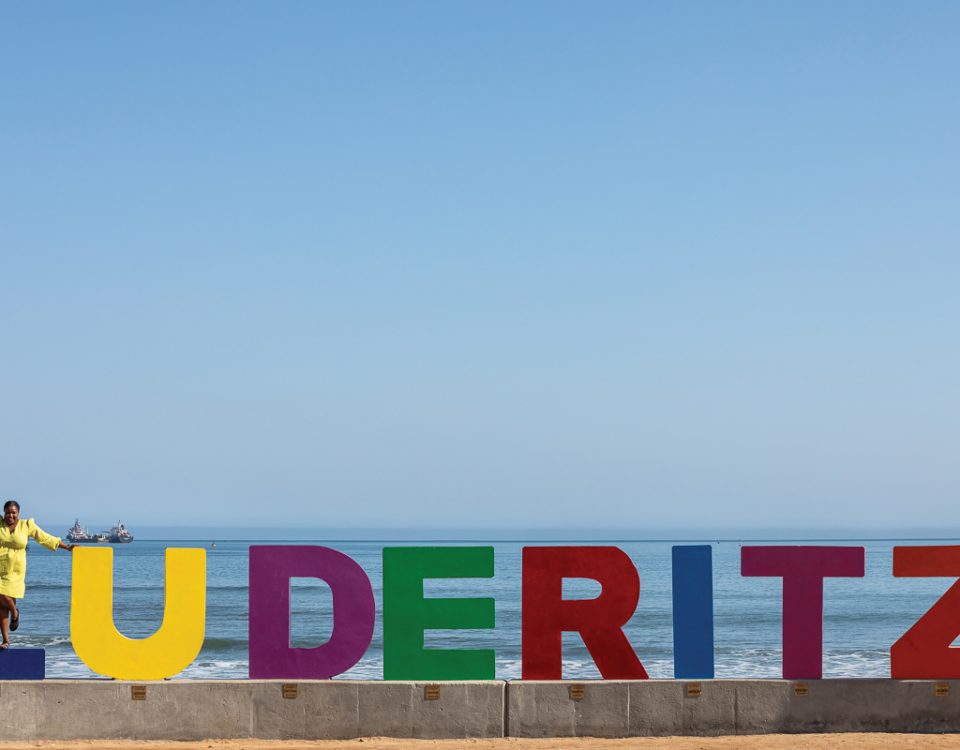
Serondela Lodge
March 28, 2018Khaudum National Park Boasts the Most Environmentally Friendly Ranger Stations in Namibia
April 23, 2018Wilderness Safaris has been named Overall Winner in the 2018 African Responsible Tourism Awards (ARTA). This was in addition to a Gold ARTA for its transparent reporting against the United Nations Sustainable Development Goals (SDGs), a Silver ARTA for its innovation in water management, and a Gold ARTA for North Island’s commitment to aquatic species and habitat conservation.
“As we celebrate our 35th year of changing lives, we could not be more proud to have received such overwhelming endorsement from the esteemed judges of the African Responsible Tourism Awards for our ongoing dedication to biodiversity conservation and mitigating any negative impacts our operations may have on the environment”, said Warren Ozorio, Wilderness Safaris Group Environmental Coordinator.
Wilderness Safaris scooped the coveted Overall Winner position for reducing its use of plastic water bottles across the Group by 75% since 2012, the consequent savings in plastic waste and the greenhouse gas emissions that result from transporting bottled water, as well as for its transparent reporting in its Annual Integrated Report (AIR).
According to judge and managing director of Better Tourism Africa, Heidi van der Watt, “By measuring its use and reporting reductions year on year in its AIR, Wilderness has demonstrated how it is possible to report progress against the United Nations Sustainable Development Goals (SDGs). Its robust approach to tackling the consumption of bottled water sets an example and challenges the industry to do far more. The industry needs to take much more vigorous action to reduce its water consumption; the resilience of individual businesses and the sector requires it”.
Wilderness Safaris has demonstrated that active engagement with the SDGs is its business imperative, listing clear and credible evidence of alignment between the company’s efforts and the relevant SDGs and specific targets in its AIR.
Since Wilderness Safaris began operating in Botswana in 1983, the company has been dedicated to operating with as light an eco-footprint as possible. The use of bottled water was therefore a concern for the company, creating environmental challenges with large amounts of plastic waste as well as the carbon emissions associated with the production of bottles and their delivery into and out of the camps, all of which are located in extremely remote wilderness areas.
“In 2012, we, therefore, developed a five-year strategy for environmental management with one of our main objectives being to reduce the use of bottled water across all of our operations. Through the use of reusable bottles for guests and installing on-site water purification systems at our camps, as well as raising awareness regarding water conservation amongst staff and guests, we have been able to reduce our plastic water bottle usage significantly, with a Group average across all seven countries of operation of 0.50 litres per night during 2018”, Ozorio added.
The last four years has also seen Wilderness Safaris Botswana and Namibian operations increase the recycling of inorganic waste due to the availability of adequate recycling centres and options. This has increased the number of camps recycling tin, plastic, paper and glass to 68% in 2018.
As plastic waste has far-reaching impacts on the environment, the company has also launched a ‘War on Plastics’ campaign, starting with its camps in Botswana. Measures have been put into place to vastly reduce the use of cling wrap (90% in the past financial year), with the goal of eliminating the use of this product entirely by the end of 2018 – using Buzzy Wraps as an alternative. Wilderness Safaris Botswana has also banned the use of plastic straws in all camps; reduced the use of plastic packaging for fresh produce; made use of biodegradable cornstarch alternatives where viable; and reduced the use of plastic in lunch packs.
“As the globe comes together to ‘End Plastic Pollution’ in commemoration of Earth Day this Sunday, 22 April, the above-mentioned examples are just a few of the ways that we are demonstrating our ongoing commitment to our 4Cs sustainability ethos of Commerce, Community, Culture and Conservation. We are driven to continue pioneering authentic and sustainable ecotourism in Africa and are constantly looking at new and innovative ways to reduce our footprint even further”, Ozorio concluded.
The African Responsible Tourism Awards are part of the World Responsible Tourism Awards Programme. The winners were announced at a ceremony on 18 April 2018 at World Travel Market (WTM) Africa in Cape Town. Click here to read about all the 2018 ARTA winners.
To read Wilderness Safaris’ Annual Integrated Report, click here. For a more condensed version of the Report, please see the Sustainability Review.


